Category: Reading
-

Pretending Not to Know – ふり
Have you ever come across the word ふり before? It’s used in a variety of situations to show pretense or false behaviour. Today’s phrase we’ll focus on then is 知らんぷり – pretending not to know something. You’ll also learn about the mysterious ん slotted in there!
-
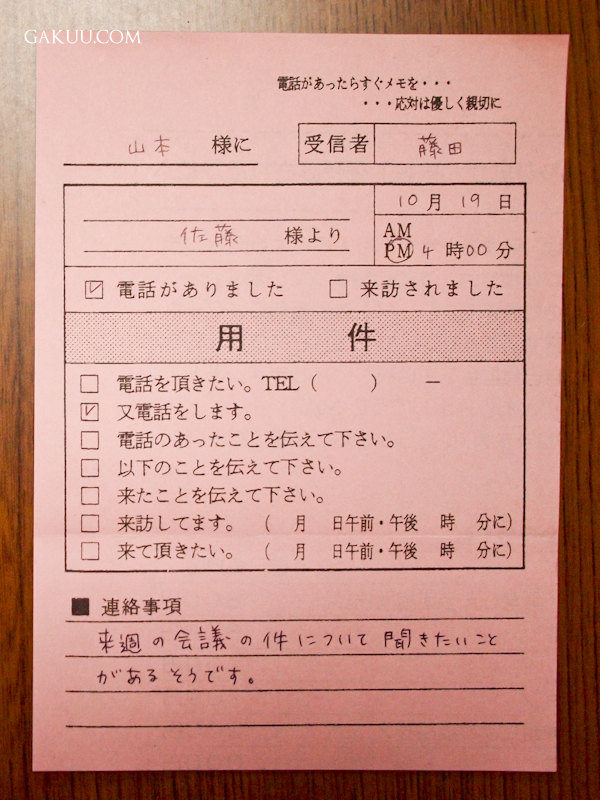
Taking Messages in Japanese – 伝言
Continuing with the theme of taking messages, here is a look at another note with a few new expressions. This one is more formal and can also be used to make notes about visitors. Be sure to check out the other post first.
-
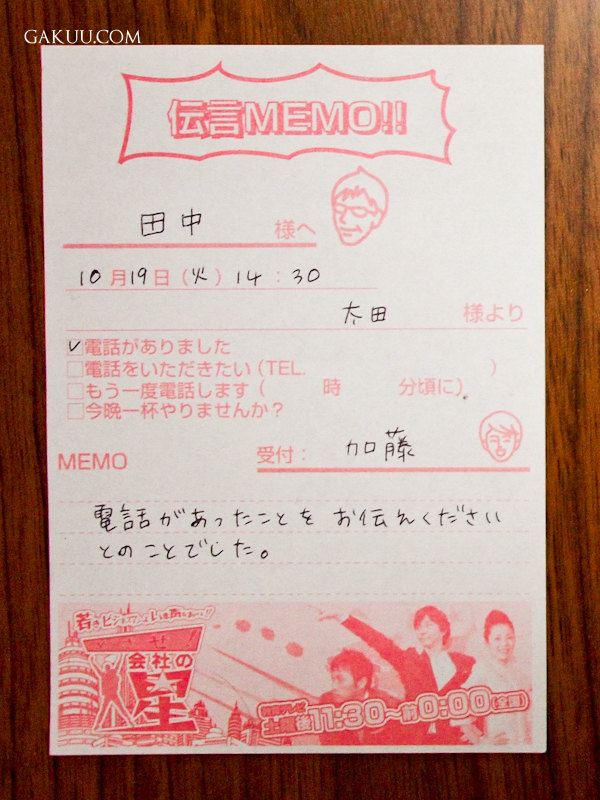
Taking a Message / とのこと
Office messages are known as 伝言 (でんごん) and a vital part of business life in Japan, or indeed many countries. Today we take a look at a simple example and a peculiar piece of grammar that is often used when taking messages.
-
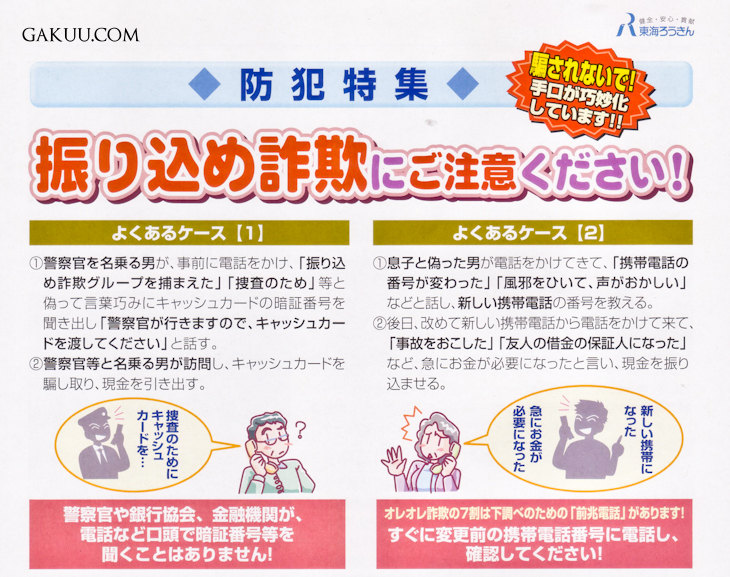
‘Ore Ore’ Scams in Japan
Ever heard of the ‘ore ore’ scams encountered in Japan? Ore ore (俺俺) means ‘It’s me, it’s me!’ and is used to represent this social problem because the unpleasant encounter quite often begins with those very words. Today we examine a safety notice advising residents on how to avoid being deceived.
-

A quick note about…
Polite Japanese doesn’t always have to mean long sentences full of complicated vocabulary. Sometimes the shortest messages are also most enlightening. Take a look at this little email message.
-

Closing Down Sale
A handy piece of Japanese here, but one that might throw you at first glance. 売る (to sell) and 尽くし. Any ideas?
-
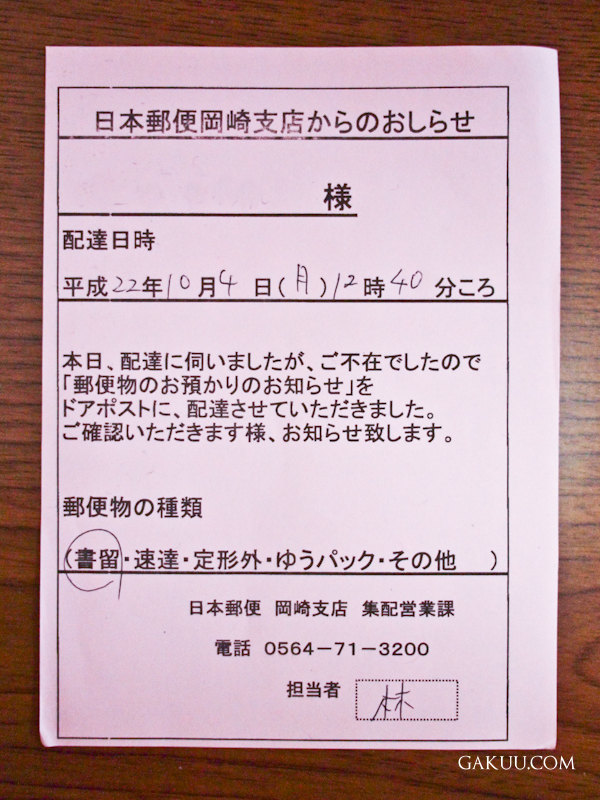
You’ve Got Mail!
Unexpected things in the mail are always a concern. “Oh no, what have I missed? It’s not a bill, is it? Or worse, overdue tax payments? Heaven forbid I have to make a phone call in Japanese…” Today we take a look at a standard postal note to help you deal with stuff like this.
-
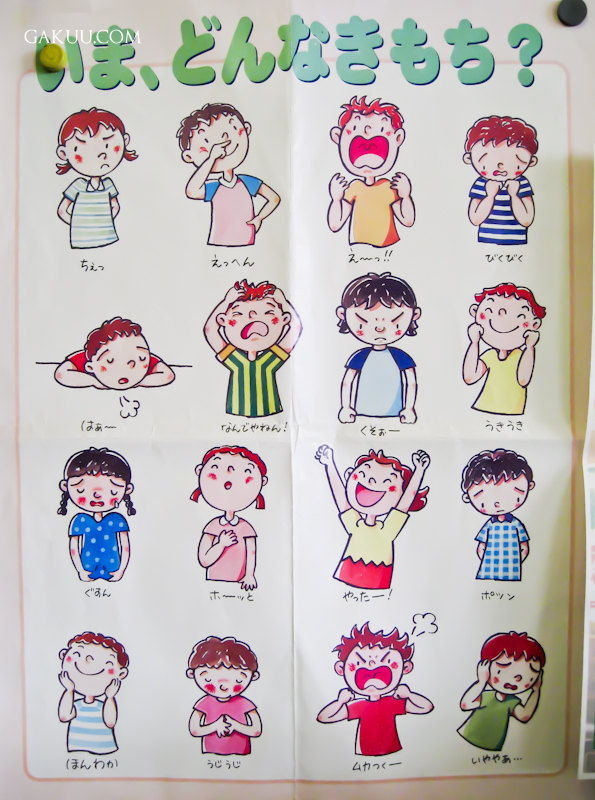
Expressing Feelings In Japanese
Expressing feelings in Japanese is sometimes as simple as just stating the obvious – ‘I’m happy’ (嬉しい!). But quite often we hear many colourful variations that range from onomatopoeic words to verbs and even different dialects! Here are a few of them.
-

Do Not! / べからず
In the same way that we have different variations of the same words in English (synonyms), Japanese usually has at least a few ways of expressing a grammar point, depending on the situation. Since we are only taught the most popular methods, old Japanese tends to trip us up sometimes!
-
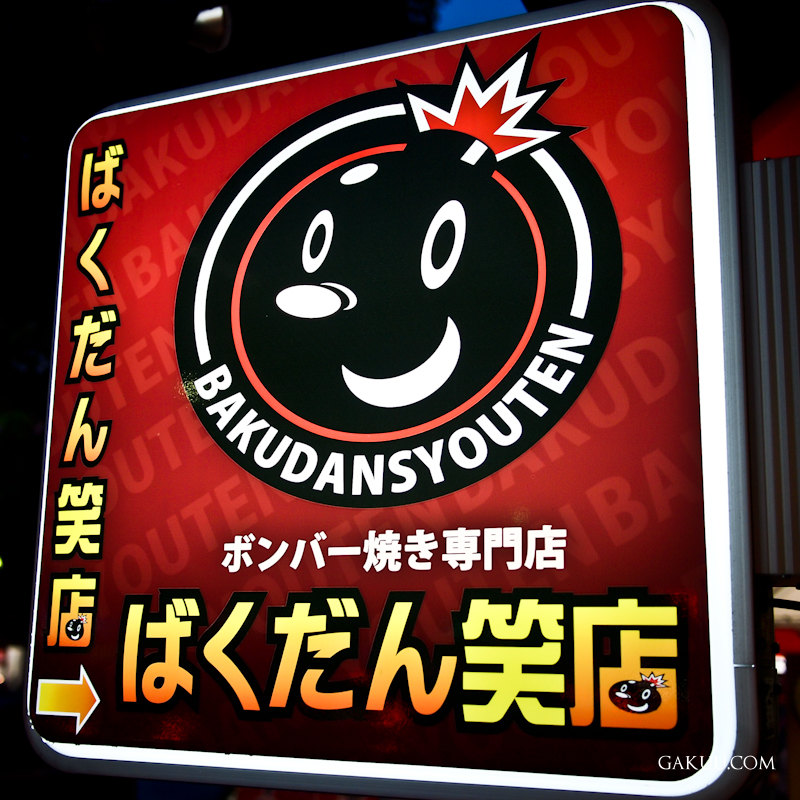
Explosive Dumplings!
Here’s a light little sign with a rush of humour thrown in to round off the weekend. Dumplings with an explosive twist!